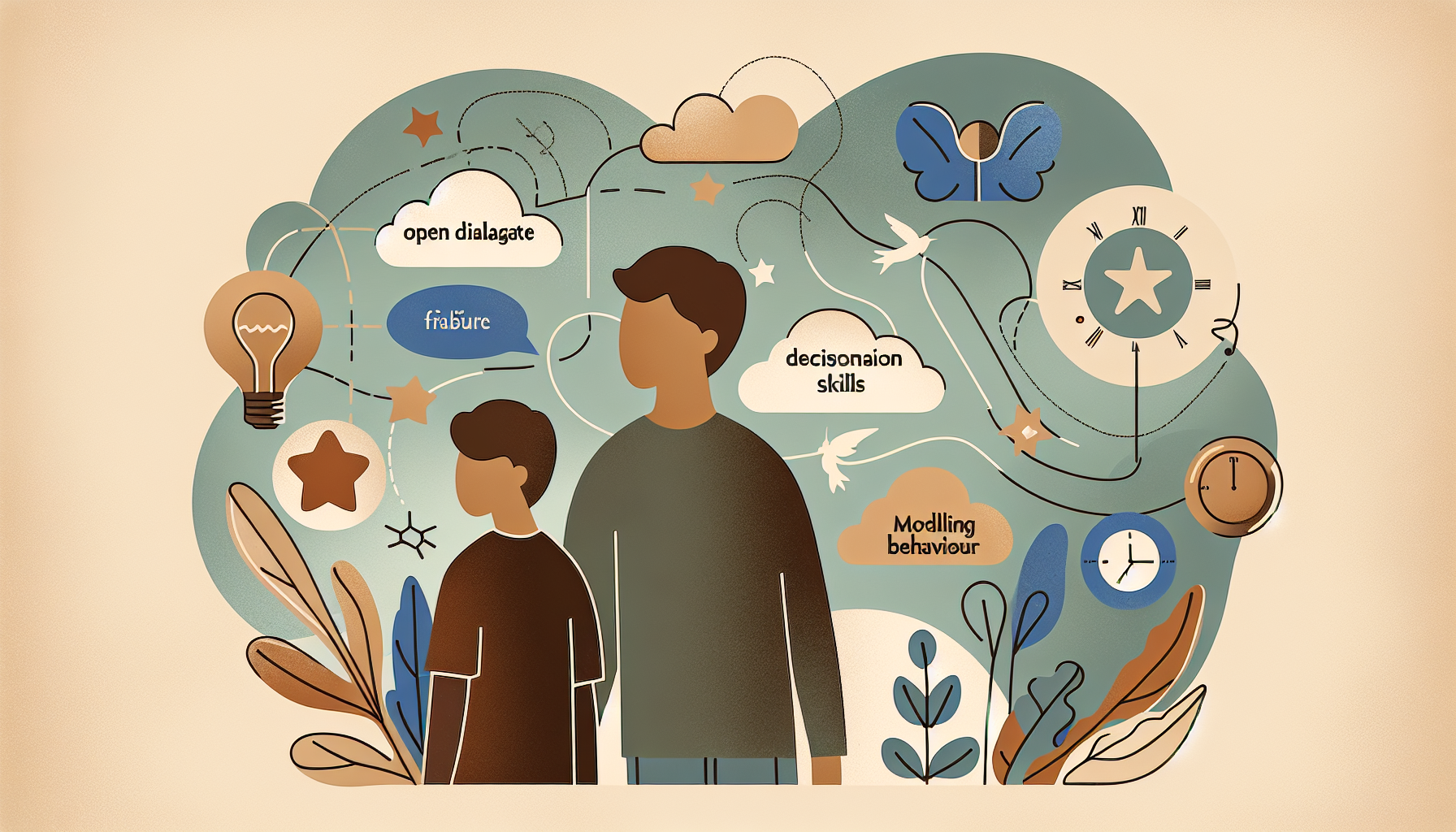How to Talk to Children About Peer Pressure
Understanding and addressing peer pressure in children is an essential aspect of parenting. It’s a topic that can significantly impact a child’s social skills, emotional well-being, and overall development. Parents and future parents often find themselves seeking effective parenting advice to help their children navigate these challenging waters. In this article, we’ll explore how to discuss peer pressure with your children, equipping them with the tools they need to make confident and autonomous decisions.
Main Points
Peer pressure can manifest in various ways, from the subtle influence of friends to more overt demands. Children, especially during adolescence, may feel the need to conform to avoid rejection or to be accepted by their peers. It’s crucial for parents to recognize the signs of peer pressure and understand the cognitive and emotional challenges their children face.
Research indicates that children with strong social skills and a robust sense of self are less likely to succumb to negative peer pressure. According to principles of cognitive-behavioral therapy (CBT), fostering a child’s need for safety, autonomy, and self-expression can significantly reduce the impact of peer pressure. For instance, children who feel safe to express their opinions are more likely to resist external pressures.
One study found that children who regularly discuss their feelings with their parents are better equipped to handle peer pressure. This open communication helps children feel understood and supported, fostering a sense of security and confidence in their decision-making abilities.
Practical Recommendations
- Encourage Open Dialogue: Create a comfortable environment where your children feel safe to share their experiences and concerns. Ask open-ended questions to facilitate conversation.
- Teach Decision-Making Skills: Guide your children in evaluating the pros and cons of different choices. Help them understand the consequences of their actions.
- Role-Playing Scenarios: Use role-play to practice responses to peer pressure. This can help children feel more prepared when faced with real-life situations.
- Model Positive Behavior: Demonstrate how to handle pressure and make independent decisions. Children often learn by observing their parents.
- Empower with Affirmations: Regularly affirm your child’s strengths and individuality, helping them build a positive self-image.
Conclusion
In conclusion, addressing peer pressure in children is a critical aspect of parenting that can significantly influence their social skills and emotional health. By creating an open dialogue, teaching decision-making skills, and modeling positive behavior, parents can empower their children to handle peer pressure effectively. The benefits of these strategies are profound, leading to children who are confident, autonomous, and capable of making decisions that align with their values. As parents, your support and guidance are invaluable in helping your children navigate the complexities of peer relationships.
For more insightful parenting advice and resources, explore our other articles on the Child Mind website.

